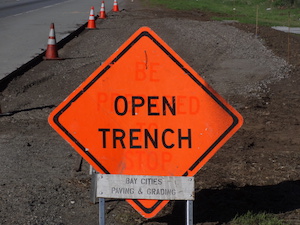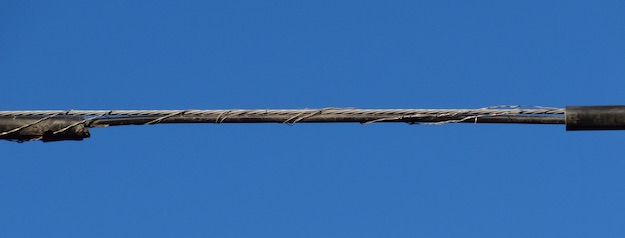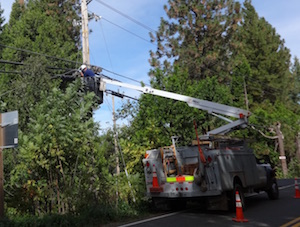No compromise as AT&T snakes more perks into California copper killer bill
![By steve kharmawphlang [CC BY 2.0 (https://creativecommons.org/licenses/by/2.0)], via Wikimedia Commons](https://www.tellusventure.com/images/2016/5/copper_head_snake.jpg)
No mistaking when a copper head responds.
AT&T isn’t interested in third party improvements to the copper retirement bill it wrote and assemblyman Evan Low (D – Silicon Valley) is guiding through the California legislature. In fact, AT&T and Low want to make sure there’s no misunderstanding about assembly bill 2395’s real intentions.
An amended version was posted Monday night. It includes meaningless cosmetic changes – requiring 60 days notice to consumers before turning off service instead of 30, for example – to give the impression that AT&T is responding to growing protests about the bill.… More








![By Soupmeister (The Computer Section) [CC BY-SA 2.0 (https://creativecommons.org/licenses/by-sa/2.0)], via Wikimedia Commons](https://www.tellusventure.com/images/2016/5/retrosystems.jpg)
![By Charles O'Rear, 1941-, Photographer (NARA record: 3403717) (U.S. National Archives and Records Administration) [Public domain], via Wikimedia Commons](https://www.tellusventure.com/images/2016/5/copper_fog.jpg)